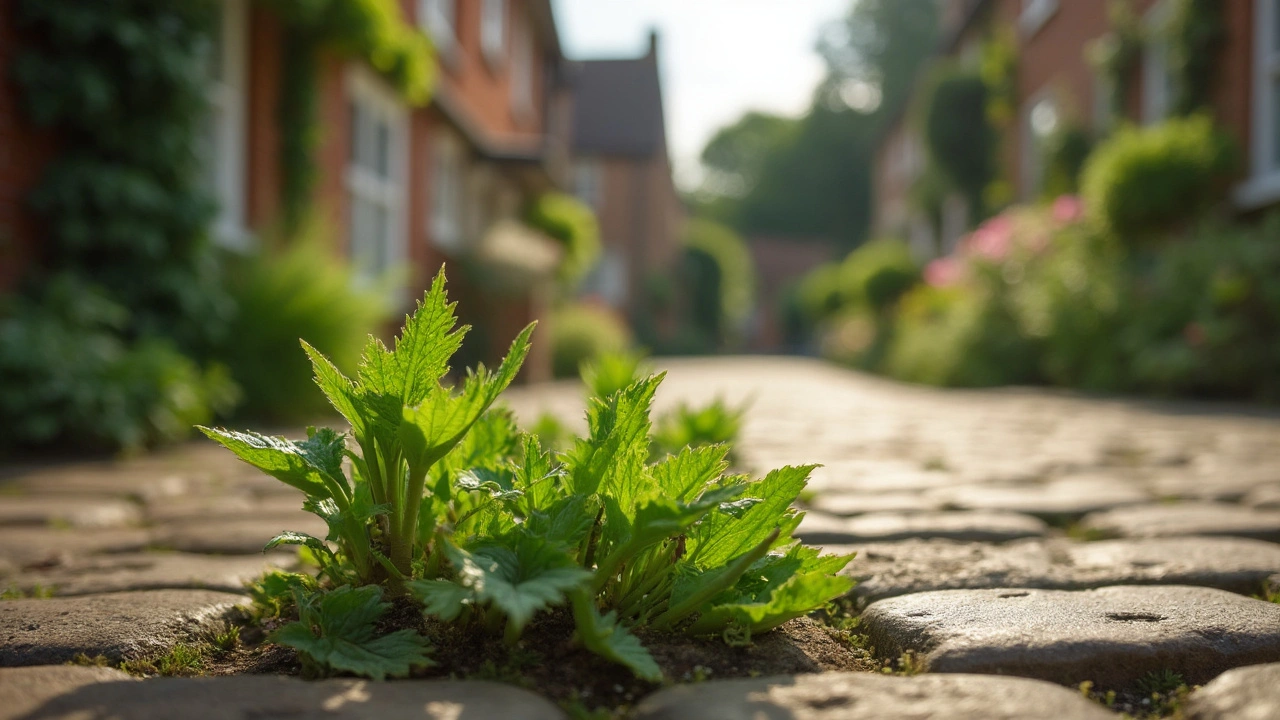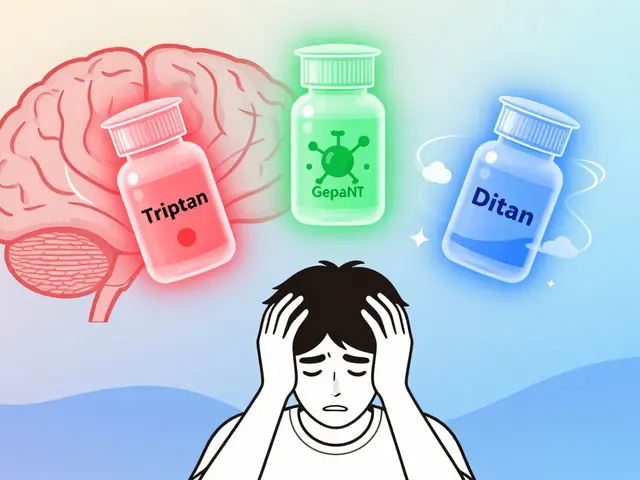Herbal remedies: how to use them safely and get real results
Think "natural" always means safe? Not true. Herbs can help, but they can also cause harm if you pick the wrong product, mix them with prescription drugs, or use the wrong dose. This short guide gives clear, practical steps so you can use herbal remedies without guessing.
Some herbs have real, reliable effects. For example, arnica is often used topically to ease bruises and muscle soreness, while wild thyme shows promise for soothing cough and improving breathing in some people. But the evidence varies: a few herbs have strong clinical support, many rely on traditional use or small studies. That means you should treat each herb case-by-case, not assume all "natural" options work the same way.
Choosing a quality product matters more than the label claim. Look for brands that list the Latin name, exact dose (mg or percent), and extraction type. Third-party testing seals from USP, NSF, or ConsumerLab mean the bottle likely contains what it says. Avoid products that hide amounts behind "proprietary blends" or use fancy marketing instead of clear ingredient lists.
Herbs can interact with medicines. St. John's wort, for example, lowers levels of many prescription drugs including some antidepressants and birth control. Other herbs can change blood clotting or blood sugar. Always check interactions with a pharmacist or your doctor before starting anything new—especially if you take blood thinners, heart meds, diabetes drugs, or immune suppressants. Start with a low dose and try a short trial so you can spot side effects fast.
Buying tips: online and in-store
When you buy online, check for a real address and customer service number, readable product photos, batch/lot numbers, and a clear return policy. Beware of prices that seem too good to be true—counterfeit or diluted products hide behind rock-bottom prices. Read recent user reviews and scan independent lab reports when available. For capsules and tablets, smell and taste aren’t reliable tests—trust labels and testing seals instead.
When to avoid herbal remedies
Skip herbal self-treatment if you are pregnant, breastfeeding, have planned surgery, are under 18, or use blood thinners or powerful prescription drugs. If a herb causes dizziness, severe rash, breathing trouble, or unexplained bleeding, stop immediately and get medical help. If your symptoms are severe or getting worse, don't delay seeing a clinician—herbs shouldn't replace urgent care.
Want deeper reading? Check our posts on arnica and wild thyme for specifics, or search "herbal remedies" here for reviews and safety notes. Small, informed steps keep you safer and often get better results than guessing or following hype.
Buck's-horn plantain isn't just a weed in your sidewalk—it’s a centuries-old secret packed with health benefits. Discover how adding buck's-horn plantain supplements to your routine can boost immunity, support digestion, and strengthen your body's defenses. This article digs into its proven uses, why researchers are giving it a second look, and tips to choose the best products. Uncover the science, history, and real-life ways this humble herb can play a starring role in modern wellness.



